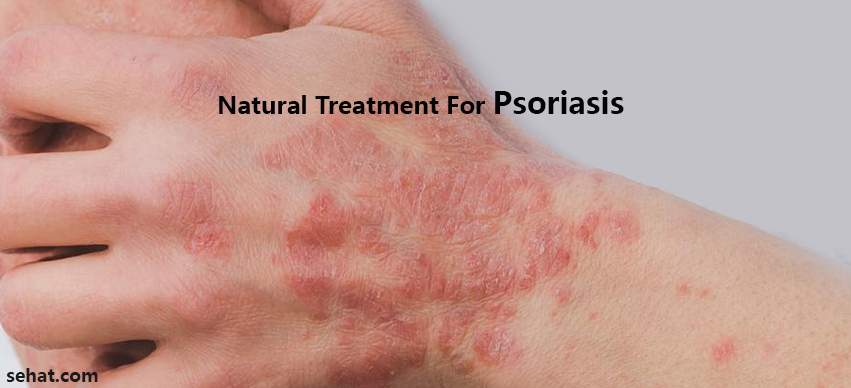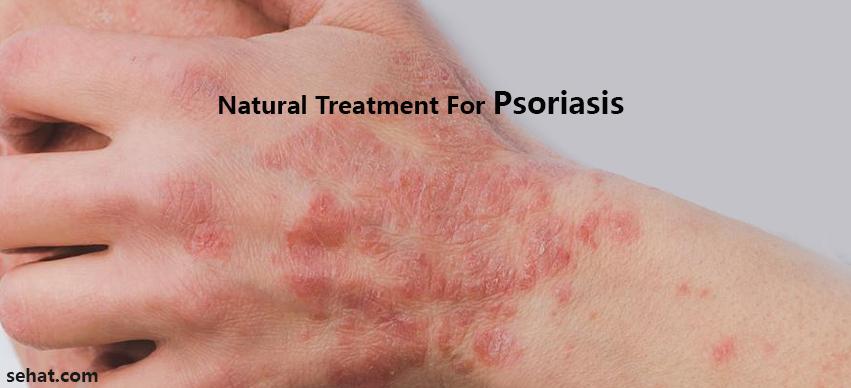Everyday Habits That Can Protect Your Eyes from Damage
4 Min Read


Psoriasis is a non-communicable, chronic skin disorder that is potentially painful, disfiguring, and may also be fairly disabling as it negatively impacts the patient’s quality of life.
Psoriasis can affect people of any gender and any age group; however, it is commoner in the age group of 50-69 years. The global prevalence of psoriasis ranges from 0.09% to 11.4% making it a serious health problem worldwide.
Some features of psoriasis include;
Environmental factors such as ultraviolet radiation, allergic and toxic compounds along with endogenous factors like hormonal changes and immune status influence skin’s condition and functioning. Diet too can be considered as one of the factors which may trigger or alleviate psoriasis.
The exact cause for psoriasis is still unknown. However, a variety of factors have been identified which may cause psoriasis. Some of the causes for psoriasis are;
Patients consuming alcohol are at a higher risk for developing psoriasis
This can trigger guttate psoriasis especially among children and young adults after upper respiratory tract infections.
Persons smoking about 15 cigarettes per day are at higher risk for developing psoriasis.
Certain medicines like beta-blockers, calcium antagonists, antidepressant drugs may worsen pre-existing psoriasis
Trauma to the skin from physical or chemical agents, surgery, and infections may result in an outbreak of psoriasis. Sunburn can trigger psoriasis in about 5-10% of patients.
Stress and depression may cause psoriasis.
Problems of metabolism are associated with psoriasis such as improper utilization of fats by the liver, thyroid dysfunction, and anterior pituitary problems
Several types of triggering factors have been identified which may lead to signs and symptoms of psoriasis primarily. Specifically speaking, foods that may trigger or worsen the symptoms of psoriasis are;
Red meat, eggs, sausages, and processed meat contain arachidonic acid which plays a major role in triggering psoriasis.
Frequent consumption of foods such as processed meats, packaged foods, high salt or sugar content food, tinned fruits, and vegetables are rich in calories and may often result in the development of chronic inflammation within the body.
Flaring up autoimmune diseases is linked to high alcohol consumption because alcohol has a disruptive effect on the immune system.
Studies have found a link between psoriasis and gluten sensitivity. Therefore, patients may consider cutting out gluten-rich foods from diets such as wheat, barley, noodles, pasta, baked foods, beer, certain sauces, and processed foods.
It is important for patients to understand that there is no permanent cure for psoriasis. Modern medicine treatment plans aim at managing the disease and controlling episodes of flare-ups.
This oil is rich in omega-3 fatty acids. Rubbing a few drops of olive oil on the skin lesions helps to soothe the dryness. In case of generalized skin lesions, olive oil can be added to bathing water.
This home remedy is useful for relief from itching. Baking soda can be added to bathing water. However, some patients have reported burning sensations on using baking soda.
Pure, unadulterated aloe vera has anti-inflammatory properties and also has a cooling and soothing effect on psoriatic skin lesions when used topically.
Also called Dead Sea salt is rich in magnesium and is known to reduce the effects of psoriasis. Researchers recommend adding Dead Sea salt to warm bathing water and soak for at least 15 minutes in that water.
Turmeric contains natural anti-oxidant curcumin which eliminates free radicals from the blood, acts as a strong anti-inflammatory agent, and also promotes wound healing. Turmeric is a common part of the Indian diet, yet, it can be consumed additionally in the form of turmeric milk.
The National Psoriasis Foundation has proven the benefits of exposure to Ultraviolet B rays (UV-B) of the sun in the management of psoriasis. 5-10 minutes of sun exposure daily.
It is proven that capsaicin is an active principle of red and yellow bell peppers. Research has proven that topical application of capsaicin-containing lotion 4 times a day for about 4-6 weeks helps in reducing itching, thickness, scaling, and redness of skin lesions.
These are healthy gut bacteria that keep up our immunity. Probiotics can be found in fermented foods like curd or they can even be had in the form of supplements.
In Ayurveda text, psoriasis is called ‘Kitibha’. In the Ayurveda system of medicine, a permanent cure for psoriasis may or may not be achieved as several factors come into play. Comparatively, symptomatic relief and an increase in relapsing time can be successfully achieved with the help of ayurvedic medicines.
According to Ayurveda, the cause of all skin diseases can be;
Apart from medications, identification and avoidance of triggers help to prevent flare-ups and worsening of signs and symptoms. Maintaining a healthy weight is crucial for overall health, avoidance of cardiovascular and other weight-related troubles, and also avoidance of worsening of symptoms.
Some additional tips to manage psoriasis include;
If you find the symptoms even after following natural remedies. Then you must consult the best dermatologist.